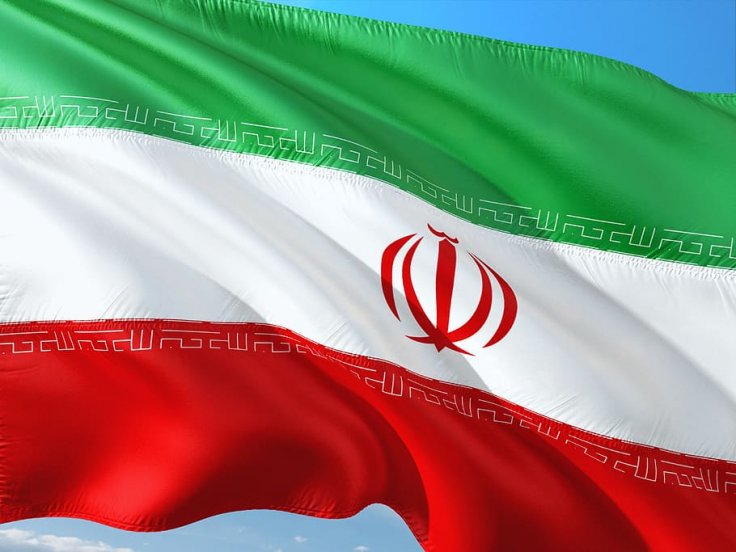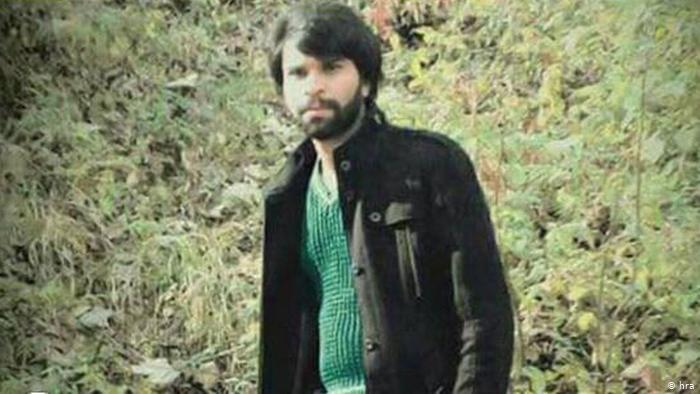Calls for Iran to halt further executions of ethnic Baluch and Ahwazi Arabs strengthened after a number of death row inmates from these two communities were put to death in the past two months. Amnesty International and the United Nations expressed concerns over the "alarming rise" in executions of ethnic minority death row prisoners in the country.
At present, four Baluch inmates and four Ahwazi Arabs are on death row. Of these Ahwazi Arabs, three inmates — Ali Khasraji, Hossein Silawi and Jassem Heidari — have been on hunger strike since Jan. 23, according to Amnesty International. Naser Khafajian, the fourth prisoner, has been forcibly disappeared since last April and is at risk of torture and secret execution, the organization added.
The Baluch death inmates in Zahedan prison, Sistan and Baluchestan province, and in Dastgerd prison in Esfahan province suffered a series of abuse at the hands of Iranian officials, according to Amnesty International. The inmates were reportedly tortured to extract "confessions" used to convict them in trials.
"The recent escalation in executions of Baluchis and Ahwazi Arabs raises serious concerns that the authorities are using the death penalty to sow fear among disadvantaged ethnic minorities, as well as the wider population," said Diana Eltahawy, deputy director for the Middle East and North Africa at Amnesty Internationl. "The disproportionate use of the death penalty against Iran's ethnic minorities epitomizes the entrenched discrimination and repression they have faced for decades."

Execution of Javid Dehghan
Iran executed political activist Javid Dehghan — an Iranian from the Baloch minority — on Jan. 30 despite an urgent appeal by the UN human rights office (OHCHR) to halt the execution. The 31-year-old had been in prison since June 2015 on charges of helping anti-regime groups.
On Thursday, UN special rapporteur Javaid Rehman said Tehran executed Dehghan despite "serious violations of his fair trial rights, including claims he was tortured."
"International human rights law is clear," the OHCHR experts said in a statement. "A state that has not abolished the death penalty can only implement it for a 'most serious crime' involving intentional killing and following a judicial process that strictly adheres to fair trial and due process guarantees."
The statement continued: "The concerns raised in this case of serious fair trial violations, including lack of an effective right of appeal and a torture-induced forced confession, mean that the Iranian Government's implementation of his death sentence amounts to an arbitrary execution."









